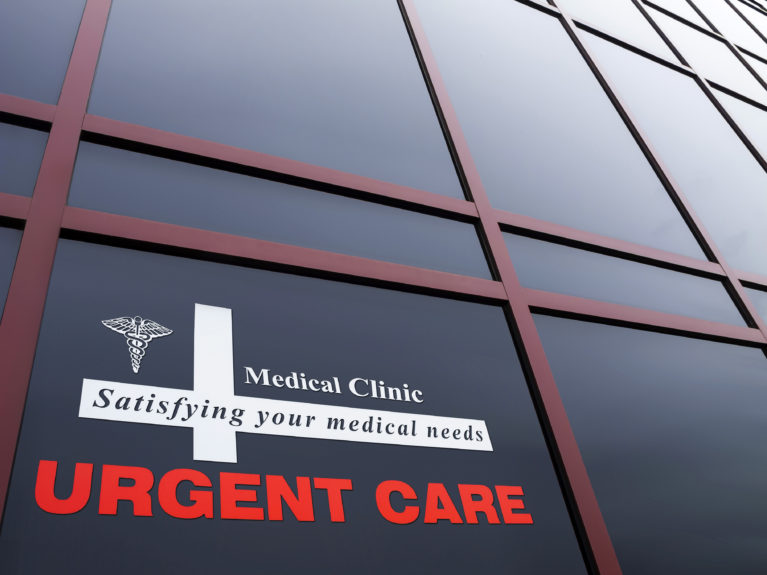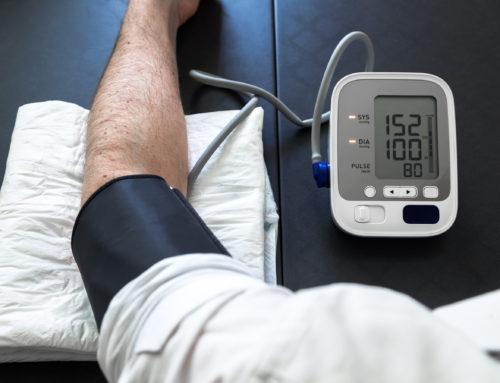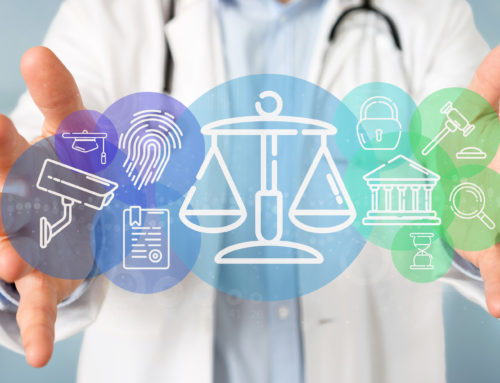Urgent care can be an excellent medical resource within communities. They fill a number of gaps that primary doctors and emergency rooms aren’t always able to fill. However, it’s important to understand what you should – and shouldn’t – use urgent care facilities for, and when it’s important to go to the emergency room.
Depending on your medical needs, you may need to choose whether to go to a doctor’s office, urgent care, or a hospital. Knowing which facilities are able to treat what types of conditions is key to making the best choice as quickly as possible. Here’s what you need to know.
What Urgent Care Can Do
Like their namesake, urgent care facilities aim to provide healthcare for urgent but not emergent medical situations. Urgent care can:
- Treat many non-life-threatening health conditions
- Evaluate and provide treatment for sprains and strains
- Diagnose and prescribe medications for sinus infections, ear infections, pink eye, skin rashes, allergies, bronchitis, and other common illnesses
- Treat headaches, colds, coughs, earaches, nausea, vomiting, minor burns, cuts, dizziness, asthma, and sinusitis
- Test for and treat the flu, strep throat, and mononucleosis
- Treat mild allergic reactions, bug bites, and minor animal bites
- Conduct drug screenings, often on behalf of employers
- Draw blood for basic screenings such as complete blood count (CBC), electrolytes, and blood glucose
- Administer pregnancy and STD tests
- See patients for school, work, and sports physicals
- Administer vaccinations
- Conduct well-woman exams and well-baby checkups
Urgent care centers are designed to take walk-in patients during operating hours without an appointment. Services like checkups, vaccinations, and physicals may be scheduled, while treatment for colds, fevers, infections, and other minor illnesses can be obtained on an as-needed basis. You can also often call and get a same-day appointment if you’d rather not wait for the facility to fit you in after you arrive.
What Urgent Care Can’t Do
While the above is a fairly comprehensive list of medical services, there are several things that urgent care facilities are not equipped to handle. Urgent care cannot:
- Evaluate symptoms of a heart attack, including chest pain, shortness of breath, and pain that radiates down the left arm.
- Evaluate symptoms of a stroke, such as sudden slurred speech or paralysis, especially on one side of the body
- Treat a patient who has lost consciousness
- Treat severe burns, poisoning, head injuries, or bleeding that cannot be stopped
- Treat serious allergic reactions including anaphylactic shock
- Treat serious animal bites or provide preventative treatment for rabies
- Treat uncontrollable vomiting or diarrhea
- Handle a violent or hysterical patient
- Respond appropriately in a mental health emergency
Emergency rooms, which are part of a hospital and are open 24/7/365, are better equipped to treat more serious medical emergencies like those listed above. Urgent care facilities lack necessary diagnostic and lifesaving equipment, and their staff is generally not adequately trained to handle emergencies that require quick thinking and even quicker action. While emergency rooms are no place for coughs and colds, even when urgent care facilities are closed, they are the facility of choice for situations that require serious medical intervention.
About Dr. Edward Mallory
Dr. Edward Mallory is an experienced medical expert witness with a passion for providing patients with conscientious care. With over 25 years of emergency medicine practice, Dr. Mallory began to lend his services to both plaintiff and defendant attorneys in medical malpractice cases. The necessity of medical expert witnesses in difficult medical malpractice cases cannot be understated, and Dr. Mallory continues to offer expert testimony as a Florida medical expert witness.
Contact Dr. Edward Mallory today to learn more about Florida medical malpractice cases and the importance of medical expert testimony. Dr. Mallory is not an attorney but will work closely with your legal team to evaluate your medical records and provide a comprehensive, easy-to-understand analysis for your Florida malpractice case. Call now at 813-997-1241.




























